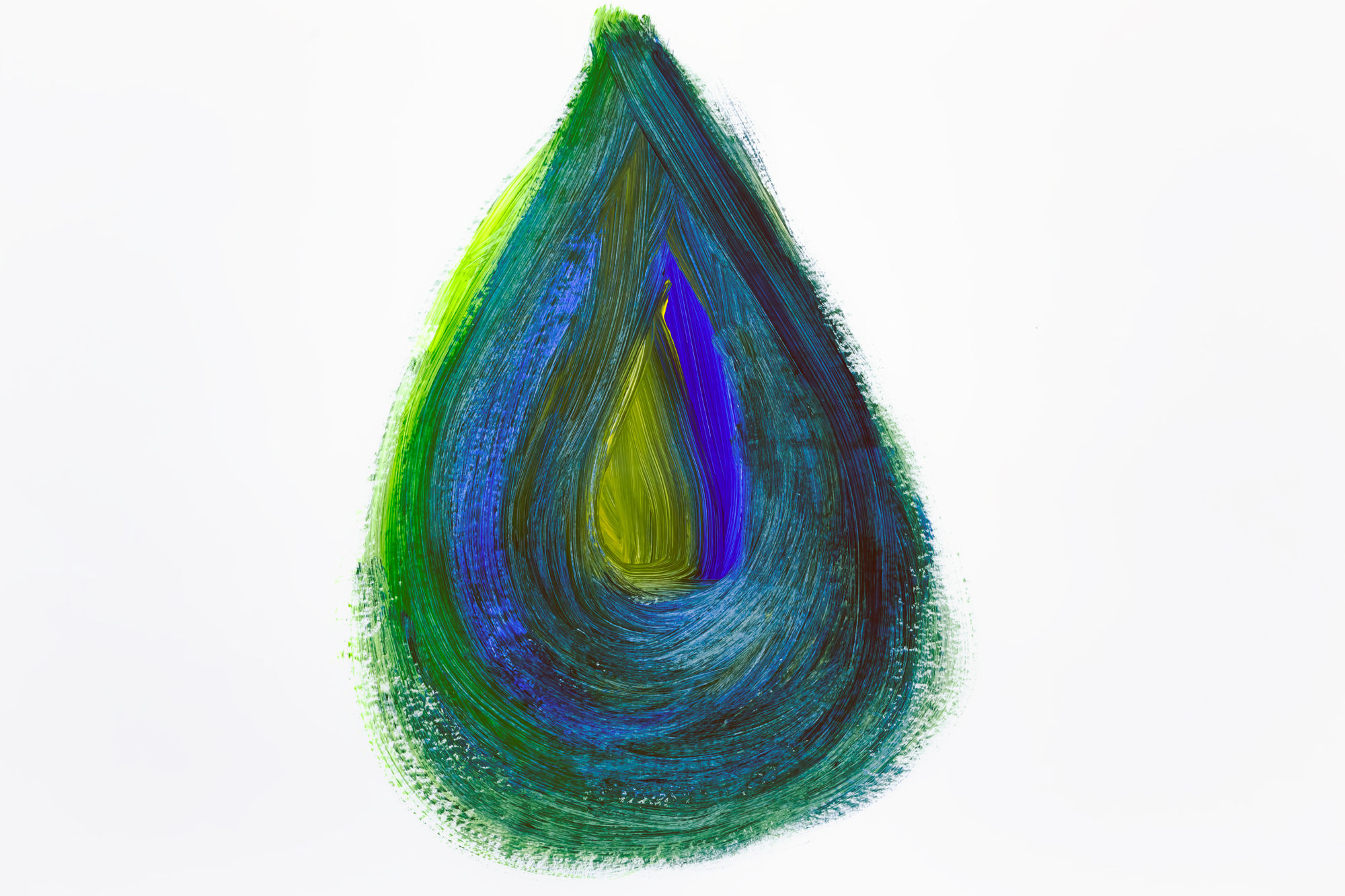“[…] hunc inter fluvio Tiberinus amoeno verticibus rapidis et multa flavus harena in mare prorumpit […]” Virgil.
What remains of the mythology of the blonde Tiber, strictly linked as it is to the birth of Rome and over 2000 years of history, as its waters dwindle season after season?
Lanfranco Aceti’s A River of Crocodile Tears dives into the heart of his four-part series addressing environmental degradation, cultural dislocation, and collective grief. As the first chapter of this ambitious project—preceding The Home of the Crocodile, The Crocodile’s Lament, and The Flight of the Crocodile—this work reclaims the Tiber as both subject and storyteller, weaving history, activism, and art into a single evocative narrative.
Curated by Giorgio de Finis and Alessandro Melis, the project interrogates the transformation of rivers from sacred entities to exploited commodities. The Tiber, once revered as the goddess Albula, is now polluted and dismissed—a silent witness to humanity’s disconnection from its natural and cultural roots.
The River as a Witness
In A River of Crocodile Tears, Aceti employs the crocodile as both metaphor and protagonist. Its infamous tears mirror the performative grief of a society mourning its losses while complicit in their destruction. The work critiques the commodification of rivers, exposing the exploitation of natural resources under the guise of progress.
Through installations that blend symbolic storytelling and material critique, Aceti invites viewers to confront the sedimentations of toxic nostalgia—polluted waters and memories accumulating as society drifts further from its origins. A series of paintings on paper that repeat the tear/drop motif punctuate the work, echoing the pervasive grief that flows alongside the river itself.
Collaboration and Vision
The curatorial expertise of Giorgio de Finis and Alessandro Melis amplifies the project’s impact, situating it at the intersection of art, urban ecology, and community activism. De Finis reflects, “Aceti’s work transforms the Tiber into a river of memory, holding us accountable for the histories we have rewritten and the futures we have ignored.”
Melis adds, “This is not just an art project; it’s a profound critique of systemic neglect and a call to action for resilience and renewal.” Their combined perspectives bridge cultural preservation with architectural and ecological foresight, ensuring the project’s relevance within broader dialogues on sustainability and social justice.
A Reflection on the Series
As the first installment of Aceti’s series, A River of Crocodile Tears sets the stage for the narratives established in The Home of the Crocodile and The Crocodile’s Lament. Each chapter examines the relationship between humanity and water, tracing rivers as cultural lifelines now under threat. This evolving series culminates in the final chapter, The Flight of the Crocodile, which envisions a future of reclamation and renewal.
The epochal changes of waters in the twenty-first century speak of a revolutionary upheaval that is not limited to the social but also affects cultural, mythological, and poetical identities. As transformations occur at increased speed, there is a need to rethink cities, waterways, fountains, and agricultural foundations. These are not just systems but also cultural substrata linked to food and modus vivendi that have shaped the anthropological and existential beliefs of pre-Roman populations, each with its meanings and interpretations of what it means to be ‘Italics’. Waters are relocated and redistributed, with systematic overexploitation of the aquifers, while the beds of the streams, brooks, and rivers are dried out.
As waterways capitulate in Rome and internationally under the pressure of scarcity, there is no longer a place to safely hide Romulus and Remus along the banks of the river Tiber. We are obliged to reimagine our futures without water. Water that, either desperately scarce or disruptively abundant, is increasingly polluted with PFAs, lead, chlorine, and nanoplastics .
In post-postcapitalistic societies of exploitation of common resources, the definition of water is solely conceived in economic liberal terms and as a privatization of the public’s existence through the creation and management of scarcity. In Italy — and in Rome in particular — these Western forms of liberalism are translated and substantiated in conniving corporate structures that harmoniously and cohesively blend mafias and politics in processes of exploitation of a vital common resource.
The talk and artwork at the Mattatoio in Rome for the IPER Festival delle periferie in 2023 started a processs to examine, in aesthetic terms, the stark realities of the Italian state which has abdicated its role and has become an enforcer of corporate water exploitation and future necropolitics of thirst.
#Thirst #water #necropolitics #tears #drought
The artist acknowledges the support of the Museo delle Periferie.
With thanks to Giorgio de Finis and Linda Mazzoleni.

